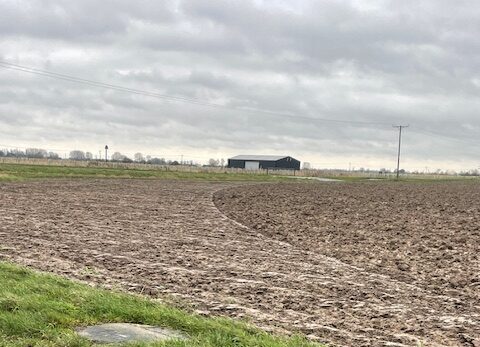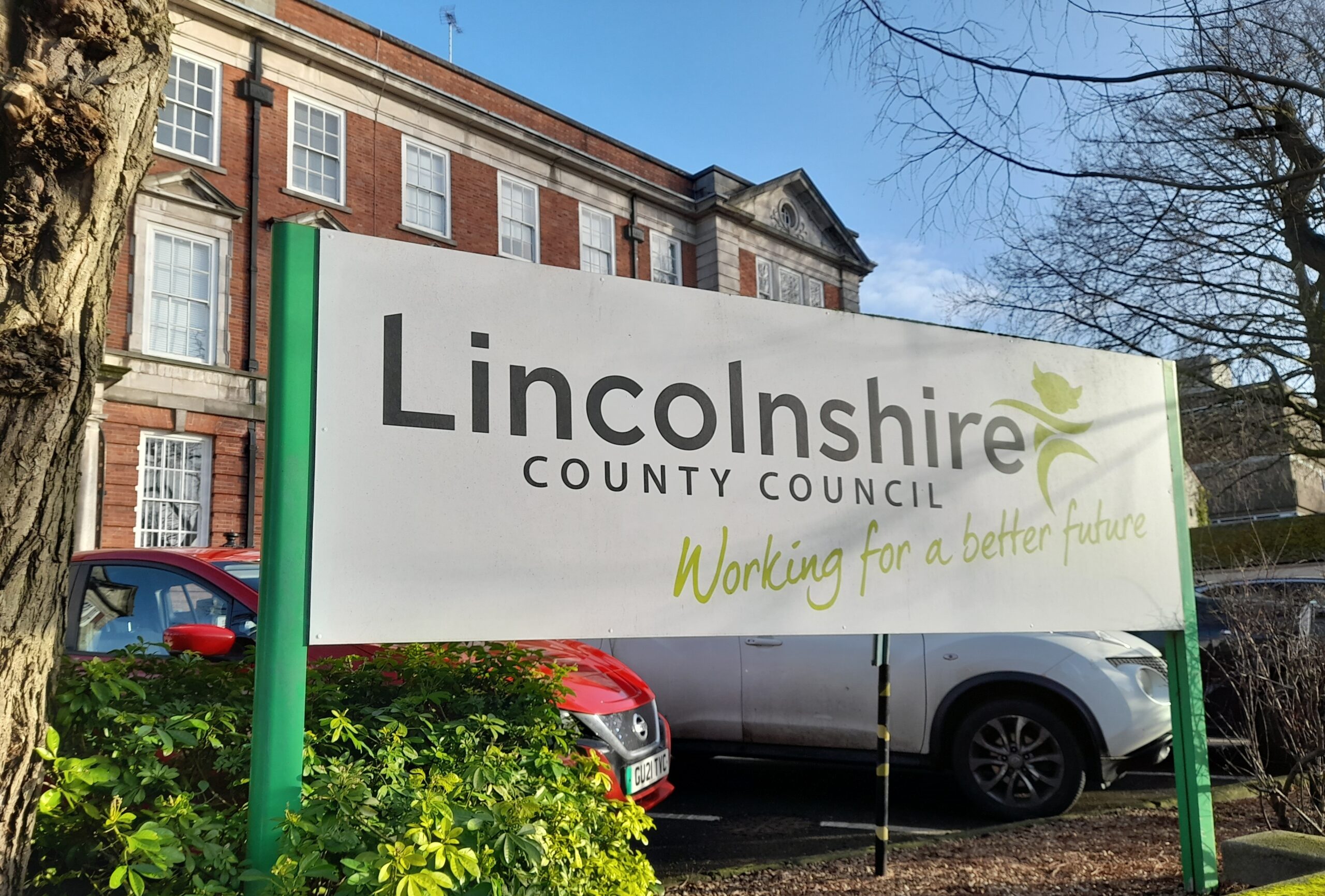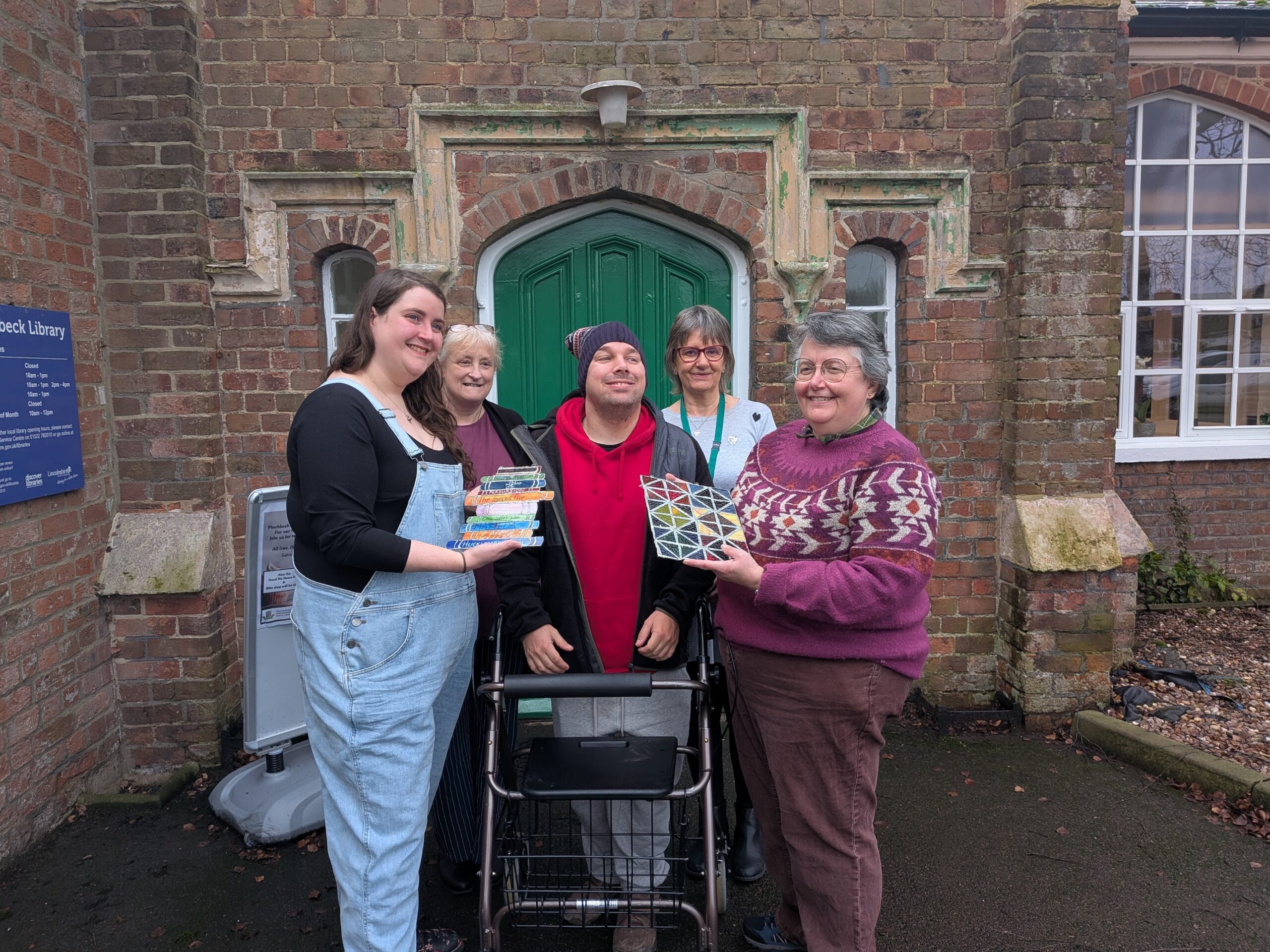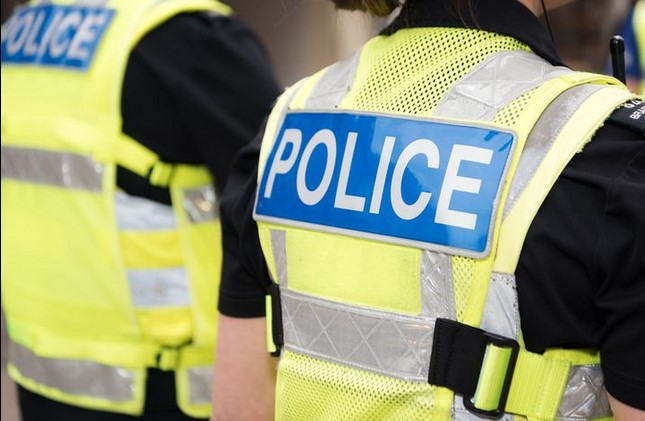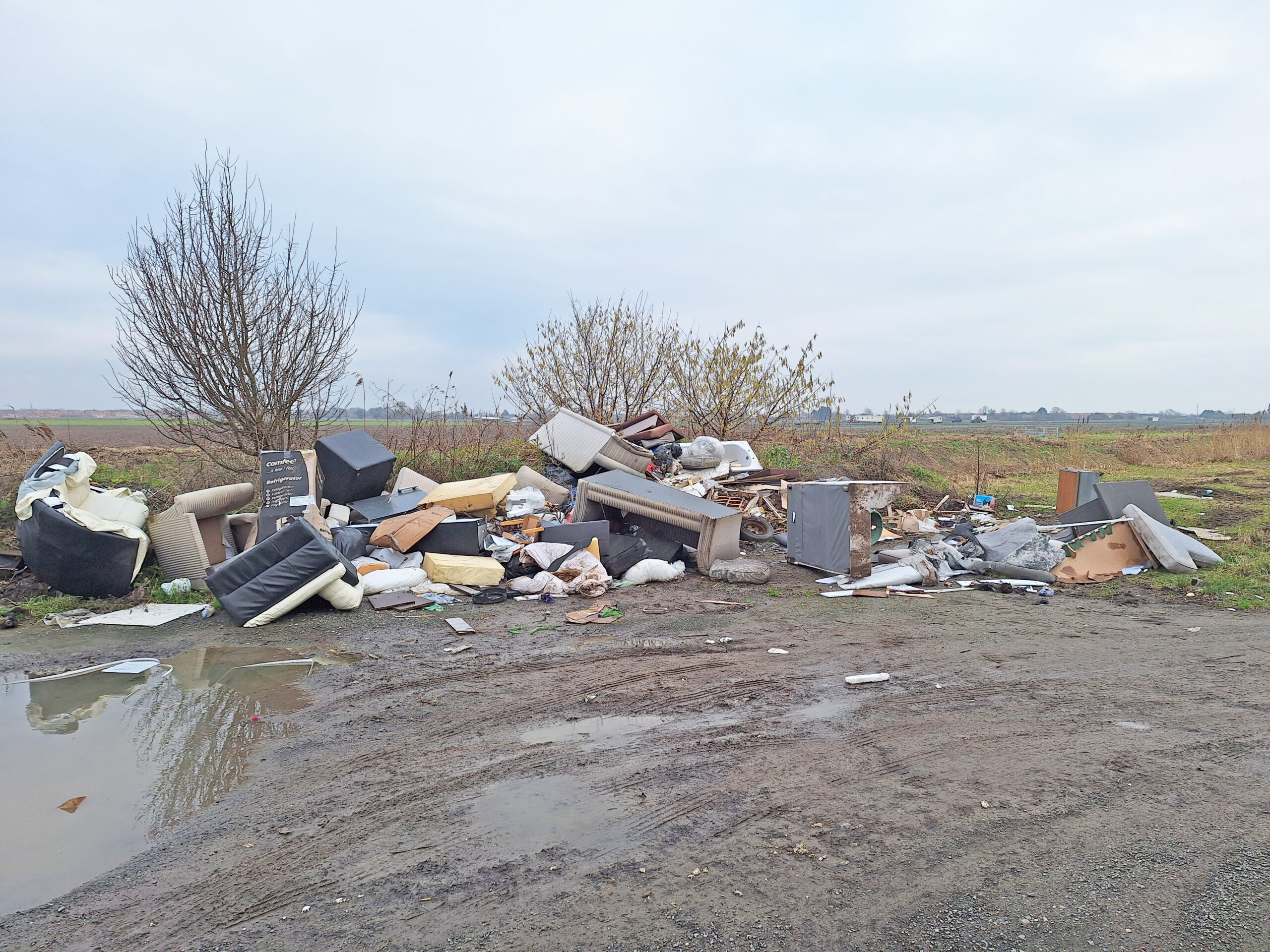Despite using almost five million plastic sacks a year, South Holland District Council is not joining a new scheme to collect dry recycling in a wheelie bin.
Both the authority’s partners in the South East Lincolnshire Council Partnership have adopted a purple-lidded bin for clean paper and cardboard for recycling.
South Holland is still the only council in the county, and one of a handful in the country, still using black bags for household waste and green bags for mixed recycling.
And that situation is not likely to change while the council is led by Lord Gary Porter who reiterated the point this week.
East Lindsey and Boston Borough, with South Holland in the SELCP, now both use black wheelie bins with purple lids for the paper.
They also both use wheelie bins for household waste and other recycling material – something South Holland has never adopted.
Each household in the district is sent 52 black sacks and 80 recycling sacks a year. Using the 2011 figure of 37,205 households, the total is just under five million. It’s likely to be much more as the population has grown, and people can buy extra sacks if they need them.
The district council is also a member of the county-wide Joint Waste Partnership which is seeking “the best environmental options’ for waste disposal.” It adopted a strategy in 2019 and the environment plan includes the “target of eliminating avoidable plastic waste in 20 years.”
But Lord Porter said just because all the other councils were using wheelie bins, it didn’t mean South Holland was wrong not to.
“If all the other councils put their hands into a fire, should we?” he said this week.
He added there had to be a compromise, and the cost and environmental issues around black bags were no different to using more diesel with heavier collection lorries used to lift wheelie bins.
“Residents want weekly collections of rubbish. Using new lorries with lifters is expensive and will also use more diesel.
“It’s a compromise and wheelie bins are a blight on the scenery,” he added.
The ideal, said Lord Porter, would be compostible sacks that could survive the rain.
“Biodegradable sacks would be the answer,” he said.
But if a change to wheelie bins is forced upon the council, he would have to live with it.
Although he reiterated an earlier pledge to resign if the council chose to sign-up for wheelie bins and alternate-week collections which other local authorities have done.
The majority of the county’s waste, some 57 per cent, goes to an incinerator in North Hykeham to create energy. Around 20 per cent is recycled or composted and three per cent goes to landfill.
The joint waste strategy is due to be reviewed next year – but the future for South Holland looks like plastic sacks.



